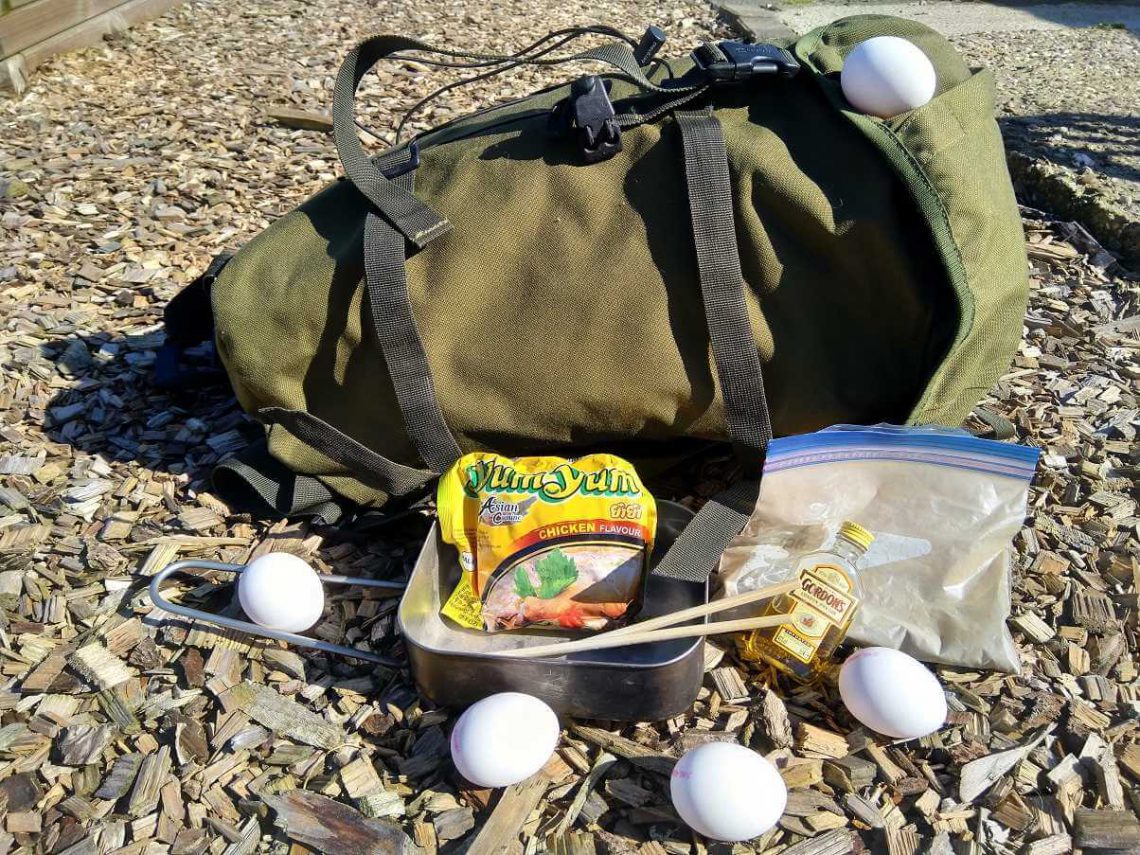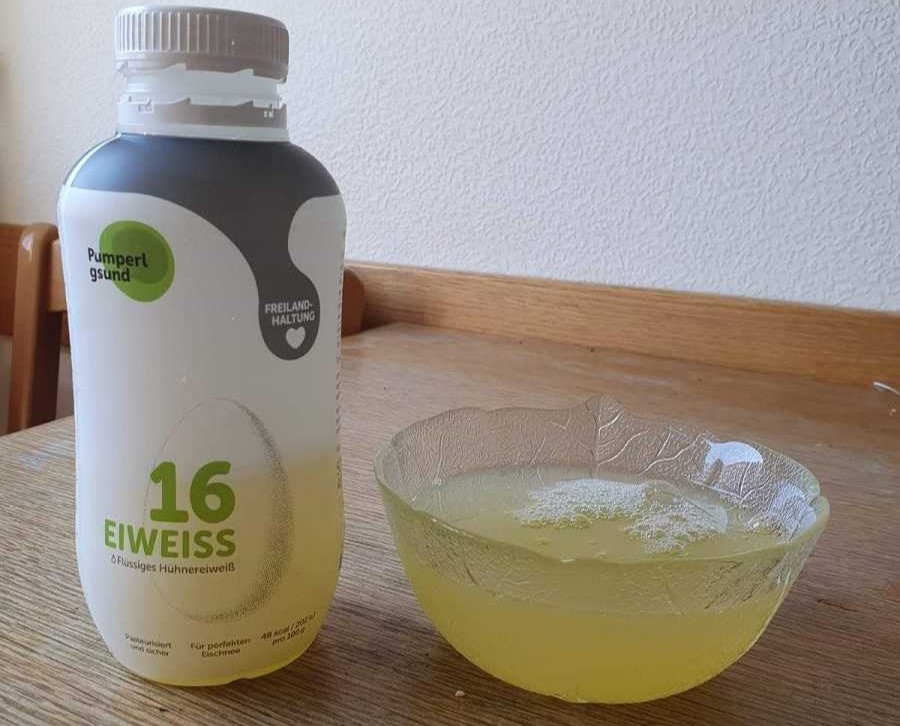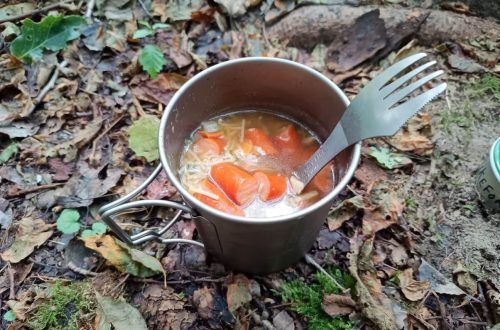
How to take eggs with you hiking
Eggs are awesome, and they can taste as amazing as how you make them. Here are all the ways to take eggs with you on your next hiking trip!
Taking eggs with you on a hiking trip always serves me as a way to have the comfort of home food out on trail. As a 2 egg a day person I can hardly leave my friends at home now can I? That is why I have explored a lot of options to take eggs with you out on trail. Here are some of the best methods to take eggs with you hiking or backpacking!
Quick jump guide
- What kind of eggs to take hiking?
- Pre Boiled eggs
- Precooked scrambled eggs or fried egg
- Cracked eggs in a Ziploc
- Eggs in a basket or container
- Dehydrated eggs or Powdered eggs
- Shelf stable egg whites
- Eggs and camping trips
What kind of eggs to take hiking?
In different parts of the world they handle their eggs differently. In the US market they wash the eggs out of the farms which makes the eggs look better in store shelves. But has the mayor downside of making the eggs last a shorter time outside of the fridge.
The washing removes a natural protective layer over the chicken egg that protects against air getting into it. Air into the eggs equals room for bacteria to grow. To replicate that natural protective layer you can substitute a layer of fat, bacon grease or Coconut oil to protect the egg further.
Pretty much any other place does not wash their eggs, I would suggest looking up information about your local or asking a supermarket. To know for sure. Here in the Netherlands where I’m from we do not wash the eggs so keeping eggs outside of the fridge is not a problem. Although a lot of people still do keep their eggs inside of the fridge here.

So ideally get eggs fresh from a roadside stand, the farmers market or a place where they do not wash the eggs.
An excellent suggestion that was made by one of the readers over on Reddit /r/TrailMeals is to take Guinea hen eggs over normal chicken eggs. Since their shell is about 3 times thicker than normal chicken eggs. And they taste richer too.
Pre Boiled eggs
Hard boiled eggs are a great way to carry eggs with you pretty much anywhere, and they will keep outside of the fridge for a good 3 to 5 days. The general rule of thumb is to smell the eggs before you eat them. If you smell a foul stench or sulfur then it is a good idea to pitch them.
Boil the eggs starting from cold water at home, cook them for ten minutes and do not flash cool them in cold or ice water. Take them out of the boiling water and air cool them. The trick here is to keep the shells intact. This will ensure a good airtight seal on them.
The added bonus of boiling your eggs before setting off hiking is that you avoid the danger of having your sleeping bag covered in eggs. I tend to use this method most of all when going out camping. Boiling my eggs out on trail after scoring them in a resupply town is also an option that I often do.
Boiling eggs on trail is the easiest method since they cant stick to anything with your ultralight weight cooking pot. In Britain along the Hadrian’s wall path I did this quite often on the campsites. Since you would see an egg stand along the roads pretty much anywhere. And eat them the next day or the day after that.
Precooked scrambled eggs or fried egg
Precooking eggs for the first or second day on trail is also an option. When I was younger and would go bicycling or hiking with family this was the go to lunch that we all had on a sandwich. Fry up your eggs on both sides until well done, this is not the time for over easy eggs with the yolks still intact. This is the time to cook the hell out of them.
Salt and pepper in large amounts, and let cool in the fridge or on the counter. When your ready to go I recommend getting two slices of bread, putting a big pad of cream butter on there and then your egg. Slice in half and store in a Ziploc bag to enjoy out on your first or second day out on trail. I wouldn’t recommend letting this sit for longer. And as always, check by smell and eye before eating.
The same way can be used to make scrambled eggs, those are a good edition to your first evening dinner or second day breakfast. Just remember to cook them for a good while longer then you would normally do. And store in a Ziploc bag in the fridge until you set out.
Cracked eggs in a Ziploc
Eggs without their shell and stored in a Ziploc baggie can also keep for a few days, here you have less of a risk of breaking, since they are already broken.
Longer than two days is not recommended, and be sure to give them a smell before frying them up! Removing the yolks and just taking the egg whites will prolong the time that they will keep out on trail. Another suggestion that I got is that instead of using a Ziploc bag is to use a Gatorade bottle to crack your eggs in. For something a bit more sturdy.
Eggs in a basket or container
Eggs in a dedicated container for them in your backpack is also a way to carry them. Those kinds of containers can often be found in outdoor stores or other places. If you want to get them online you can do so below, this is an affiliate link where you support the site without added cost to you.
Layering with a little paper towel for extra protection is recommended. You can also store them in your outdoor cooking kit itself. Protecting with a paper towel or your tea towel / bandanna.
Dehydrated eggs or Powdered eggs
Dehydrated or powdered eggs aren’t my favorite option since they almost never taste as good as the real thing. Processed and dried you can rehydrate them on trail and use them as a way to substitute normal eggs. Powdered eggs or dehydrated eggs are often quite expensive and difficult to find. You can look around grocery stores in the dried / canned food section but I wouldn’t get my hopes up.
Your best bet is to look in your closest outdoor store or ordering powdered eggs online. You can also get mountain house meals or similar omelets. In the US military and other armed forces they don’t call these omelets the “Vomelet” for nothing. So be prepared. If you want to watch a good review on them I would highly suggest Steve’s take of them.
Shelf stable egg whites
Catering to vegetarians, people who are trying to watch their weight or hikers. Shelf stable egg whites are available more and more in the western world. Most often free range chicken egg whites are taken and pasteurized to store up to 3 months in the cubboard. Once opened they can last for a good many days in colder temperatures.

Available in the higher end grocery stores or fitness shops they often come in a bottle of half a liter or less. They are a good way of upping soups or trail meals out in the backcountry.
Eggs and camping trips
So what is your favorite way to take eggs with you on Hiking, backpacking or camping trips? I would love to hear your method in the comments down below!
Frying or boiling up an egg in the outdoors, with some bread or tortillas, and a good mug of tea is a treat at any time. While hiking it is a meal I always look forward to since it is so packed in protein and tastes amazing. So to all the egg lovers out there that go on hiking trips, why not take your eggs with you?
That’s all for this article, as always happy hiking and hike for purpose!






2 Comments
Trudy Read
So, if you raise your own chickens or know someone who does, here’s a cool fact: unwashed eggs are stable at room temp for a long time – about 2 weeks. So you could take a bunch with you on a long camping trip and not have to worry about them over the weekend. I keep all of my eggs on the countertop and I only put them in the fridge if the girls cracked them a little when they laid them. The only thing is they need to be washed before you crack and eat them.
Frank
Having your own chickens is great. And it is definitely safe to eat them outside of the fridge. Thanks for the comment!